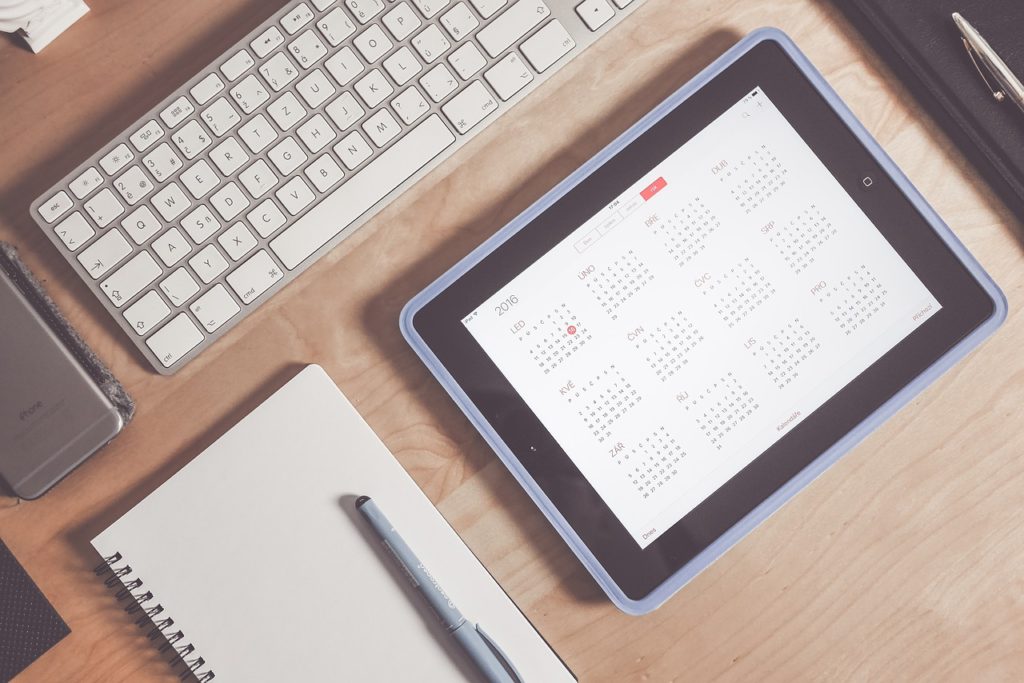Once nursing school begins, you may feel a bit overwhelmed. Courses like anatomy and physiology, chemistry, and pharmacology require time to absorb all the needed knowledge. To be a successful student and nurse, effective study skills are needed. This post will provide some study tips to help make your study time more effective. Study is a nursing student priority!
One might ask why I am saying this about the courses? Well, a nurse is required to have a strong base of fundamental knowledge. The nursing courses are packed with information vital to the care of others. Nurses are responsible for the health and well-being of their patients (or clients). The nurse must use the knowledge and experience to make life-saving decisions. Nursing education provides the soon-to-be nurse not only with knowledge but with the ability to analyze information and make clinical judgments.

To begin, one needs to be organized and effective time management is key. (See my blog post on time management for more details.) Class time, and exam dates must be scheduled. Plan time to complete assignments. In addition, schedule in study time throughout the week. I recommend at least 5 days per week but some students will find they have to spend a bit of time each day in review. Avoid waiting to cram just before an exam! Space out study time an hour or two at a time. Studies have shown that
For the most efficient study, find a place where you can do so without interruptions. Set up an area in your home where you can comfortably study without getting too comfortable (and falling asleep). Consider studying in other areas, such as a library, if there are too many distractions at home. Many school libraries offer private study rooms that can be reserved. A few students find other spots such as parks or coffee shops for some study time. Group study can also be done in homes or in study rooms on campus. With increased use of online meeting platforms (Zoom, Teams, etc.), online group study might also work for some students and avoid travel.
The professors (or instructors) will often tell students that they can’t provide them with all of the information they will need to know. How can a professor in one 2-hour class possibly share with students everything they will need to understand about the cardiovascular system? Even if the professor talked non-stop for two hours, who would be able to retain all that information? Students must rely on themselves for a good share of the learning. Professors will guide them and provide them with resources such as textbooks, videos, articles to review, and skills to practice. Although half of the learning will happen during class periods or via online course content screens or videos, the other half is gleaned from reading and review.
Professors do provide students with a syllabus with learning objectives. Use the learning objectives as study guides. Some professors may also include a separate study guide. These are helpful tools to reflect on when studying and preparing for exams.

Reviewing material once likely won’t be enough to move all the required information to their brain’s long-term storage for fast recall. Few of us read about how to do something once and can then repeat it back perfectly. For example, have you ever looked at a recipe and thought, “I will make this for dinner.” But, when it was time to make the recipe, did you have to go back and read it over again or did you just know how to do it? Maybe you could, depending on the number of ingredients but most people probably couldn’t. However, once you made the recipe a few times, you wouldn’t have to look it up again. Studying new information of any kind works the same way. One must review a few times before one can quickly recall all the steps or components without looking at the “recipe” or notes.
Students should plan in time to complete all learning activities, including completion of reading and review of other materials (videos, weblinks, articles, case studies, written assignments, etc.). Take notes while reading and reviewing other sources. (Active reading and taking note are discussed below). Then, schedule time to review all your notes. This review is the real studying! Studying includes the activities used to ensure the information you need is truly understood and transmitted to long-term memory. When this happens, the learning can truly be used and applied in patient care situations. Some authors call this type of learning “deep learning.”
If taking notes, listen carefully or read through the written information and then jot down key points. Trying to write everything down while someone is speaking usually won’t work. Making an outline with only key ideas. When planning to take notes, consider how you learn best. Do you like neat, handwritten notes? Would you prefer to type them? Do diagrams or picture help you remember? Does the use of color assist you in remembering what is in your notes? These are just some of the considerations to make when notetaking.
To help ensure deep learning, use active learning strategies. Reading and review of notes can be helpful but may not be enough. Quiz yourself by using resources from the textbook or making your own quizzes. Friends can provide you with quizzes, too. Case studies allow you to apply the information. You may find them in textbook resources or online. Making concept maps that link the various concepts together is another active strategy. Group study is helpful. Discussing concepts with others and quizzing each other can promote retention. Games can make learning the information fun. Role play assists in learning the material, especially related to skill performance.
Exam prep shouldn’t be too challenging if taking the above steps in preparing each day. As mentioned earlier, avoid cramming right before an exam. Many exams include a lot of information. Transfer of knowledge from short-term to long-term memory requires time. Using active learning strategies daily will the knowledge transfer to long-term memory. The active strategies are sometimes called retrieval practice. Learning to ride a bicycle or drive a car took repeated practice, and so does learning to be a nurse.

Of course, the right frame of mind is necessary for success. Mayo Clinic reports that positive self-talk can decrease stress. People who think positively have better health, also. Start by thinking, “I can do this.” Jot down positive thoughts and affirmations. Put positive ideas on sticky notes for you to see throughout the day. Find a few positive quotes to display for yourself. Just like studying every day, practice positive thinking each day.
Studying is a necessary part of nursing education. Everyone learns in a different way and will need a study plan that meets his/her needs. The nursing education experience requires planning upfront but will be time well spent. See the resources below for more ideas.
Studying 101: Study Smarter Not Harder – Learning Center (unc.edu)

